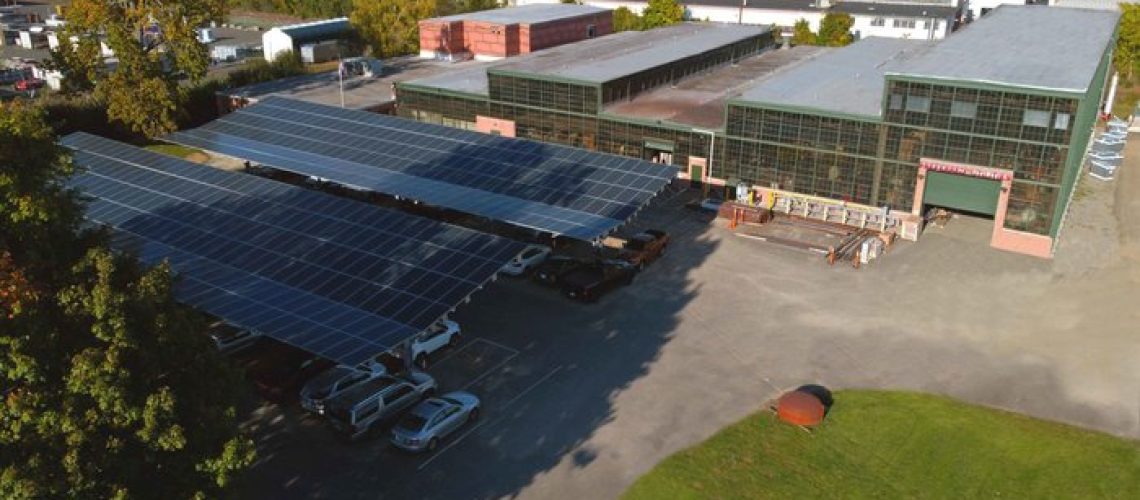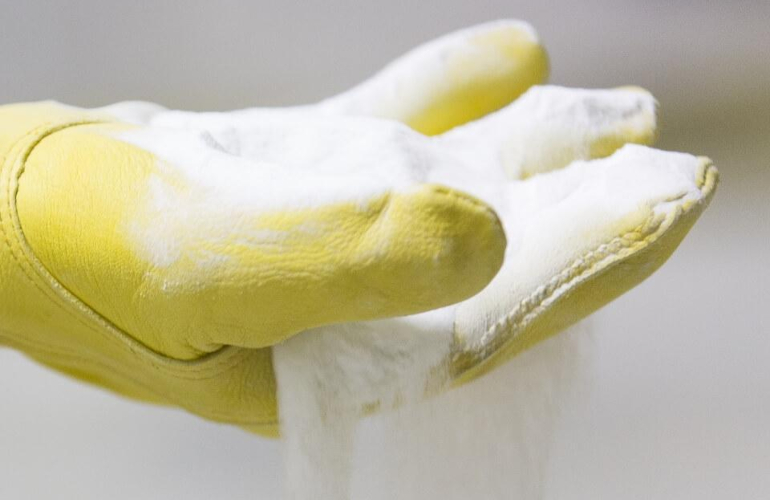Preferred Utilities Manufacturing has expanded its commitment to sustainability with the completion of a 209 kW solar panel installation at its Danbury facility. The solar panels generate approximately 70 percent of the building’s usage and support the town of Danbury’s grid when the plant is not in operation.
The solar panel implementation represents the next step in Preferred’s deployment of green energy solutions. In 2020, they began utilizing Bio-Residual Oil to heat their 50,000 square-foot facility. Bio-Residual Oil (or BRO) is a fuel that is made from an array of unexpected biological materials such as agricultural waste, animal fats, and even recycled cooking oil. With Preferred’s expertise in boiler technology, they were able to convert their entire heating system to run on this low-emission, earth-friendly fuel. Now, with the addition of their solar panel installation, the facility has further reduced its carbon-based fuel usage.
“The energy market needs equipment and expertise that leverage the use of renewable energy,” said Dwayne Boulden, Preferred’s Vice President of Finance. “Preferred takes a holistic approach to providing solutions, and adding solar to our building is a great demonstration of what we’re able to do. We’ve upgraded our property, and we’re investing in our community. And of course, we’re saving money, too.”
“There are no ‘silver bullets’ in the quest for sustainability with renewable energy. Intelligent, real, cost-effective diversification is the winner,” added Preferred’s CEO, David Bohn. “If you are going to invest in a sustainable future, you have to look at a number of solutions, fuels, and energy sources. That’s why our combination of solar power generation and non-fossil, clean burning, ultra-low carbon emission BRO is so successful, for Preferred Utilities and the planet.”
The facility installed a solar panel array in its parking lot, which produced a covered area for parking. In the first few months since the solar panels went online, Preferred has generated 60,000 kW, saving $10,000. This number is expected to rise significantly with the addition of more sunlight in spring and summer since the solar panels went online in winter. The company expects to save over $30,000 each year as a result of generating more than 200 MW each year.
Tags: commercial






